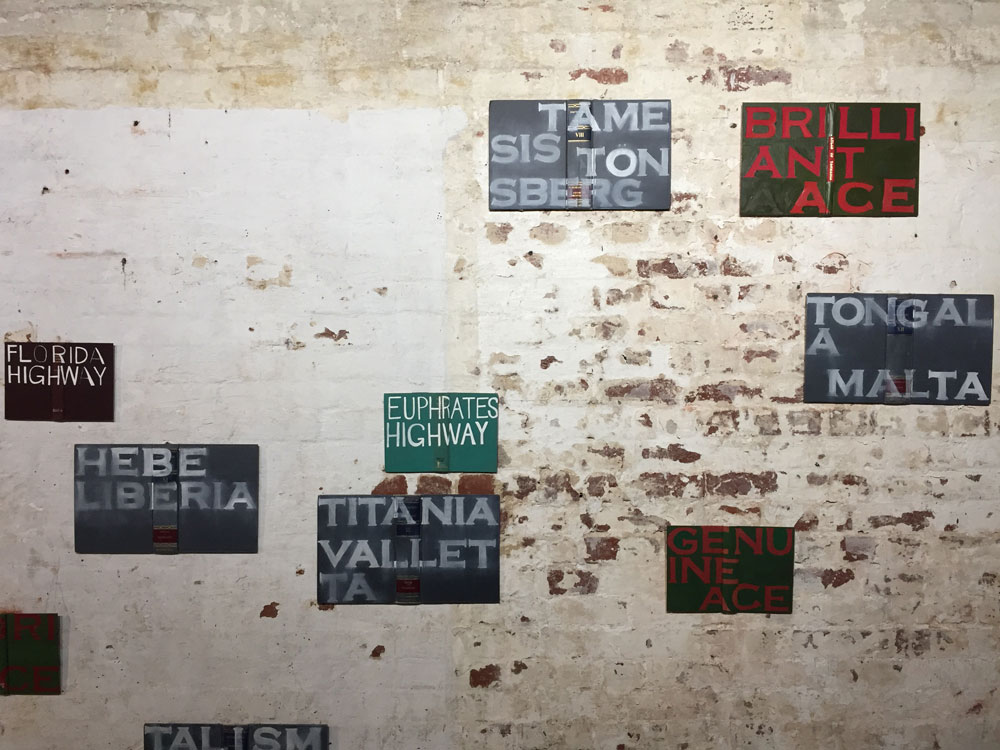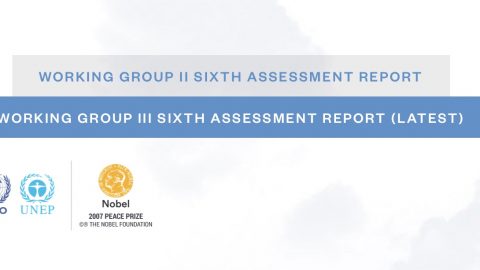A group of Freo residents campaigning under the impressive acronym FRAIC – which derives from their group’s name, Fremantle Residents Against Illegal Camping – have developed a plan they hope will ‘cure’ the long term ‘plague’ of illegal camping in Fremantle and induce a responsible camping ethic around Freo and beyond. They have given their plan to the City of Fremantle hoping the Council will see its good sense and action it in time for the coming tourist season.
In a media release issued this week, the group say Fremantle residents will recall the chaos caused by the flood of campers over Christmas 2022 – the ‘Tent City’ furore – and ask what has the Council has done to address the illegal camping problem since then.

Credit ABC
FRAIC notes that the Council has done some things, like –
• Signing a lease over part of South Beach car park so it can take action against illegal campers.
• Erecting ‘No camping’ and ‘No parking’ signs at South Beach in April and in Marine Terrace in July, having earlier promised to do so in 2014.
• Towing away two large camper vans nad fining three illegal campers.
FRAIC calculates that in the last six months illegal campers have utilised more than 10,500 nights of free camping in Fremantle and another 4,000 free nights at South Mole. That’s between 50 and 75 vehicles illegally camping per night in the Fremantle area. FRAIC asks what ratepayers and residents have got for free in this time.
Most of the illegal campers are not homeless people without resources. FRAIC believe the people concerned own their well-equipped camping vehicles, live how they like and ‘their aim in life is to get as much as possible for free’.
FRAIC says it seems that whatever action has been taken by the Council has not deterred illegal campers.
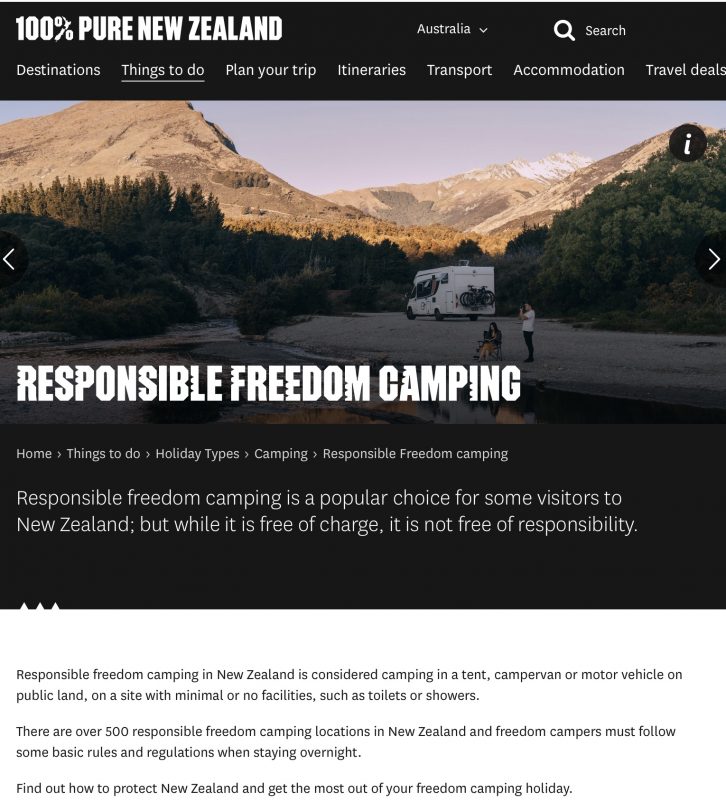
So, FRAIC proposes the following plan of action to deal with illegal camping in the coming months. The plan suggests three strategies to address illegal camping and that are designed to provide it’s of Fremantle with more control over the illegal camping and to generate additional funds for the Council –
1. Paid parking zones and restricted resident parking zones – This suggestion is made on the condition that holders of City of Fremantle residential parking permits are exempt from these requirement to pay for parking and the time limits.
FRAIC says the City has ‘missed out on many hundreds of thousands of dollars of parking revenue’ by not having pay-for-use parking in many places in Fremantle heavily used by visitors to the City. They say the City should implement a cost effective scheme to charge for parking in these areas and to enforce existing parking and no camping restrictions. Strategies, they submit, need to be implemented to protect residential areas from people avoiding pay-to-park areas.
2. Enforcement Action Against Illegal Camping – “Fundamentally laws that are not enforced are useless”, FRAIC observes, quoting the recently appointed Natuonal Anti Corruption Commission Chair, Justice Paul Brereton. FRAIC complains the City has not learnt this important lesson. The group says the impact of the failure of the City to take enforcement action as threatened by the illegal camping signs is evidenced by at least 15,000 illegal camper vehicles who they estimate have camped (often under the warning signs) for free in the last six months in the Fremantle area.
FRAIC says it is the responsibility of the Council to enforce illegal camping laws. Police cannot do this as the City’s staff are the only officers empowered under the Caravan Parks and Camping Grounds Act of 1996 and its Regulations and the City’s own Parking Local Law to take action. FRAIC propose that City staff work closely with Police to jointly enforce the illegal camping laws at strategic times (recognising that often at peak times, such as Friday and Saturday nights, the Police are otherwise engaged). This would then ensure greater safety for staff as the Police have the power to move people on and to demand names and addresses of people. FRAIC consider it would then not take long for this cooperative action to have an impact on the campers as they will know the City are no longer making idle threats.
3. Approved Area for Camper Vans – FRAIC make the point that is clear that the illegal camping problem is not going to solve itself. It’s been a documented problem since 2014. As a result, FRAIC recommends that the Council implement a fee-for-use scheme that establishes an approved camping area for registered travellers. FRAIC notes such a scheme is currently operates successfully by the City of Bunbury, Town of Pinjarra, City of Geraldton and many other smaller towns who want to encourage travellers who a willing to pay to stay and to discourage illegal campers.
FRAIC assesses that a fee for use scheme would serve to tell travellers that Fremantle Council appreciates their problems with finding accommodation and wants them to stay in Fremantle ‘for a while’. The scheme would also serve to register the campers, limit the length of camper’s stay, restrict the camping to a few approved areas, while raising funds for Council. Such a scheme would also provide a balance to the enforcement action against illegal campers by providing an approved place to camp.
The fee for use scheme, FRAIC says, could have two locations. The first would target self-contained camper vans and use inner city car parks like Sardine Wharf. The second part of the scheme would cater for illegal campers whose vehicles are not self-contained. The City could consider establishing another trial site between Port and Leighton Beaches adjacent to toilet facilities or near Captain Munchies in the city centre, which is becoming a focus for homeless services.
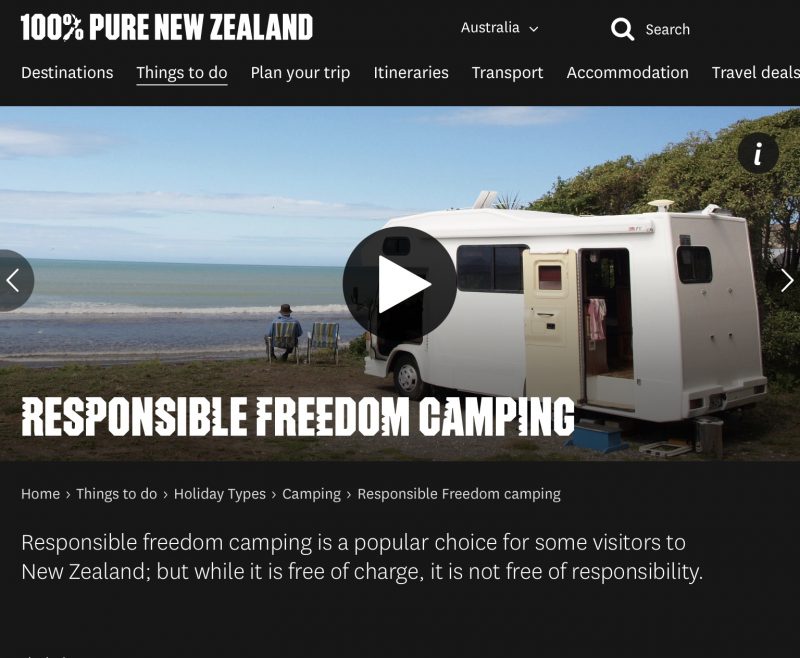
Unless there is decisive action by the Fremantle City Council, FRAIC fears the ‘plague’ of illegal camping in Fremantle will continue to grow and spread over the next tourist season. FRAIC’s plan they say should at the very least be self-funding and with skilful implementation should generate surplus funding for the City.
The result would be that those campers who are willing to pay for approved camping places in Fremantle whould be encouraged and those illegal campers who want everything for free would be discouraged through active use of fines.
FRAIC conclude by saying Fremantle ratepayers and residents ‘cannot be expected to continue to pay for visitors to Fremantle to park, camp and dump for free’.
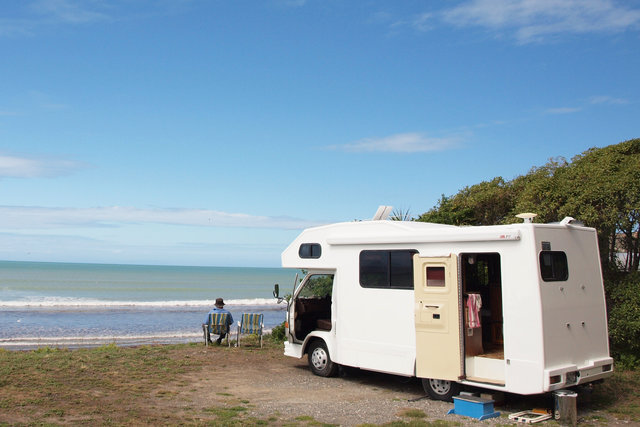
* By Michael Barker, Editor, Fremantle Shipping News
WHILE YOU’RE HERE –
PLEASE HELP US TO GROW FREMANTLE SHIPPING NEWS
FSN is a reader-supported, volunteer-assisted online magazine all about Fremantle. Thanks for helping to keep FSN keeping on!
** Don’t forget to SUBSCRIBE to receive your free copy of The Weekly Edition of the Shipping News each Friday!

